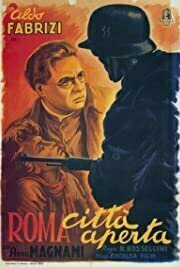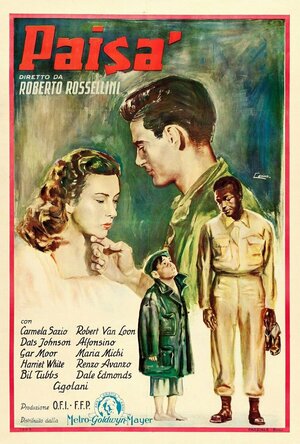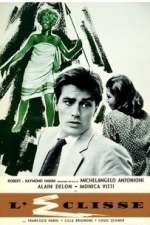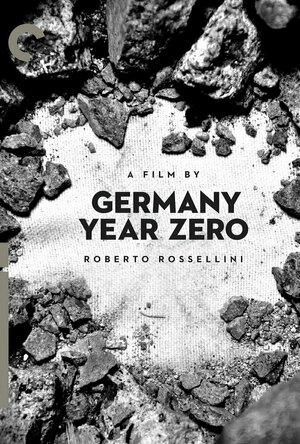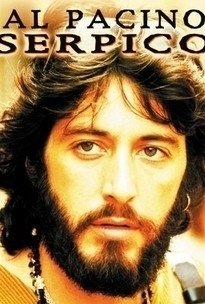Search
Search results
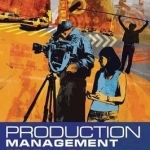
Production Management for TV and Film: The Professional's Guide
Book
"What Linda Stradling doesn't know about production management isn't worth knowing" The Documentary...
IF
Italian Fascism's Empire Cinema
Book
Ruth Ben-Ghiat provides the first in-depth study of feature and documentary films produced under the...
AN
A New Generation of Photographers
Book
A New Generation of Photographers has three principal aims. Firstly, it is a statement about a new...
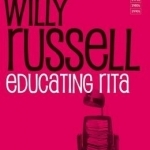
Educating Rita
Book
'One way of describing Educating Rita would be to say that it was about the meaning of education...
Erika (17789 KP) rated Derry Girls - Season 1 in TV
Feb 20, 2021
Originally, I wasn't interested in Derry Girls at all. Derry kind of gave me the creeps when I visited years ago, so I was trying to avoid this... Then I saw the Bake Off ep with the actors and laughed my ass off at how big of disasters they were. After a friend stressed that I should watch it, I finally gave in.
I am SO GLAD I did. I was sold right after the Bobby Sands joke in the first ep. I laughed my ass off.
The cast is so good, and they're all fricken trainwrecks. The facial expressions too, hilarious.
I watched all the eps back to back, which I don't typically do for non-documentary shows, and quickly demolished the second season after this one.
BTW, whomever rated this a 6 is lame.
I am SO GLAD I did. I was sold right after the Bobby Sands joke in the first ep. I laughed my ass off.
The cast is so good, and they're all fricken trainwrecks. The facial expressions too, hilarious.
I watched all the eps back to back, which I don't typically do for non-documentary shows, and quickly demolished the second season after this one.
BTW, whomever rated this a 6 is lame.


